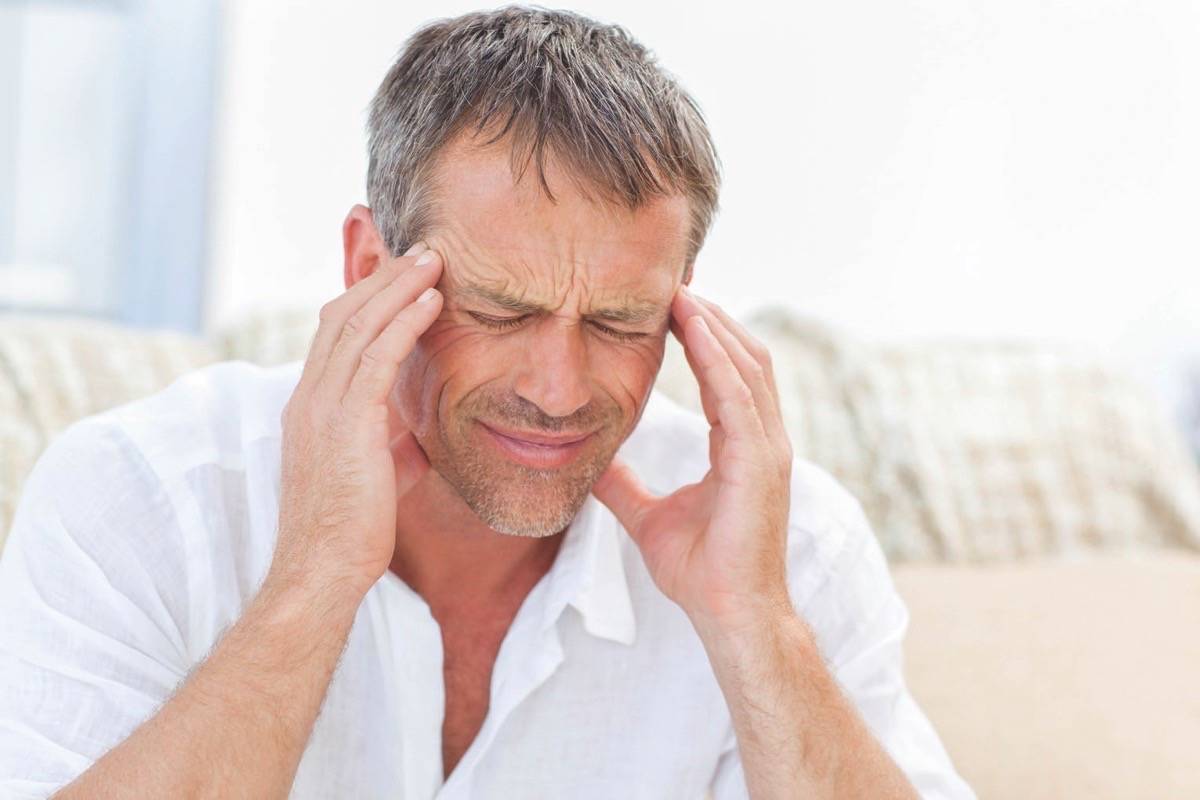Dr. Gifford Jones
Red Deer Express
How should hockey star Sidney Crosby, or my own child, be treated if he suffered a brain concussion?
To answer this question I interviewed Dr. Andrew Saul, editor-in-chief of the Orthomolecular Medical News Service, and a world authority on nutrition.
Dr. Saul confirmed what I suspected, that bruised brains are not receiving the treatment they desperately need.
Newton’s Law states, “For every action there is an equal and opposite reaction.”
Unfortunately, our Maker didn’t use screws to anchor the human brain inside its skull. So, without this protection, sudden blows to the head toss the brain against a formidable hard skull, causing various degrees of injury.
But there’s a problem.
It’s easy to diagnose a fractured arm, but impossible to know the amount of brain injury after concussion.
Concussion causes a variety of symptoms such as headache, double vision and the feeling of ‘having my bell rung’.
So some hockey players do not remember the score. Or they suffer seizures, weakness on one side, and loss of consciousness.
Dr. Karen Johnston, neurosurgeon at McGill University, Montreal, states a cardinal rule.
“Players suspected of having a concussion must sit out the game. They must never be told to ‘shake it off’ or be left alone, and must be seen by a physician.”
The time honoured therapy for concussion is rest and a gradual return to the game.
But recent research shows that some activity can improve the outcome.
Researchers also stress the need for sound nutrition. For instance, the body needs renewed magnesium and zinc as it loses these minerals after concussion.
Omega – 3 fatty acids, abundant in fish oil, help to decrease inflammation. Vitamin D is also believed to be neuroprotective along with a high protein diet.
But I suggested to Dr Saul, “If my child suffered a concussion I’d ask doctors to immediately start an intravenous infusion containing 30,000 to 100,000 milligrams of Vitamin C. I’d continue this dose for one week to decrease inflammatory risk and reduce brain damage.”
Saul agreed.
He replied, “Yes, it makes complete sense as the blood level of C is depressed following trauma such as a concussion. We also know that Vitamin C is a great antioxidant and helps to repair injured tissue.”
But his follow up surprised me. “I would take Vitamin C”, he added, “In advance of any contact sport, especially an open battle like hockey.”
Saul was saying what should always be preached, that, “Prevention is better than cure.”
It’s true whether dealing with cardiovascular disease or concussion.
I’ve repeatedly stressed that high doses of Vitamin C decrease the risk of heart attack. The vast majority of doctors, however, disagree with me.
They are convinced that only cholesterol-lowering drugs prevent coronary attack.
There should be no disagreement on this issue as stress has been proven to decrease blood levels of C. For instance, cancer patients have one-third the amount of C needed by the body, those with diabetes one-half, and after traumatic accidents like concussion, the level can decrease to just 10%!
The sad news is that C’s magic and safety has been known for decades but ignored by the medical profession.
Vitamin C, given intravenously, can cure viral diseases like polio, meningitis, encephalitis, measles, heal burns, and even neutralize the toxin of a poisonous snake. And I’ve personally been cold-free for years due to a high intake of C.
Dr. Frederick R. Klenner, who first cured polio with Vitamin C, created another rule. High doses of C must be administered for success.
Those in contact sports never know when a concussion may occur. But they can ensure having a high blood level of Vitamin C by using Medi-C Plus powder and other high brands of C. The daily dose is 3,000 milligrams with breakfast and dinner.
Will Sidney Crosby or other players get high doses of intravenous Vitamin C for a concussion?
It’s most unlikely. History shows that it’s hard to change ingrained habits of the medical establishment.
But individuals can get smart. Or as Hippocrates, the Father of Medicine, preached, “Always choose the least sensational treatment.” Again Vitamin C fits the bill.
For more information, go online to www.docgiff.com. For comments, email info@docgiff.com.



